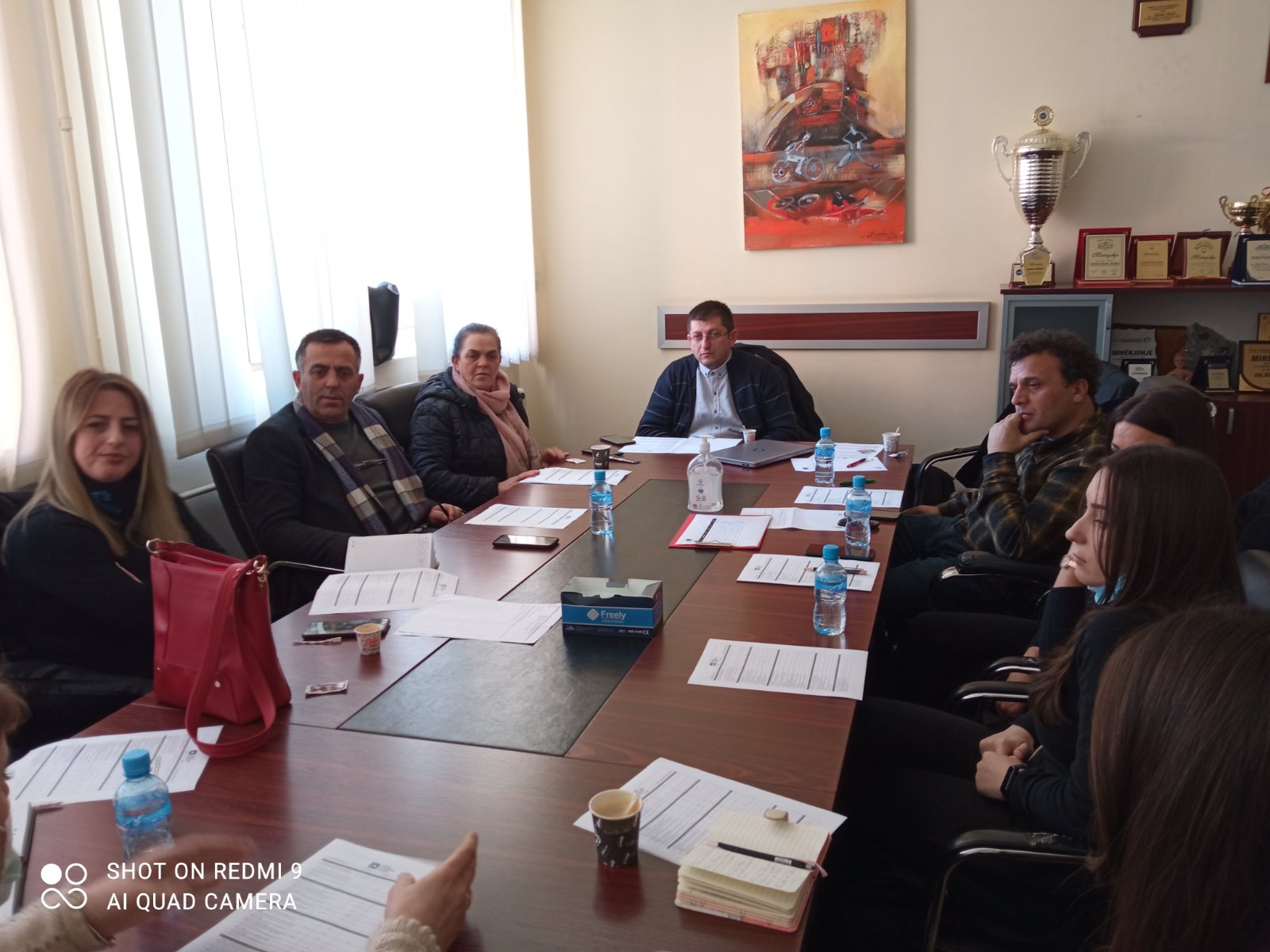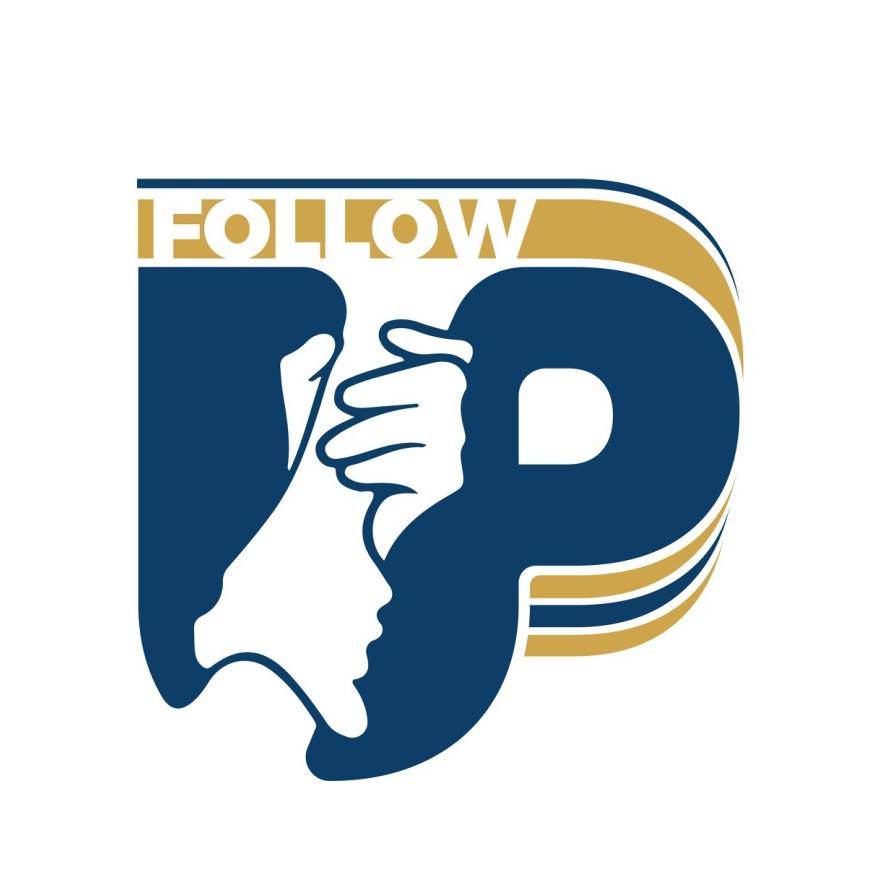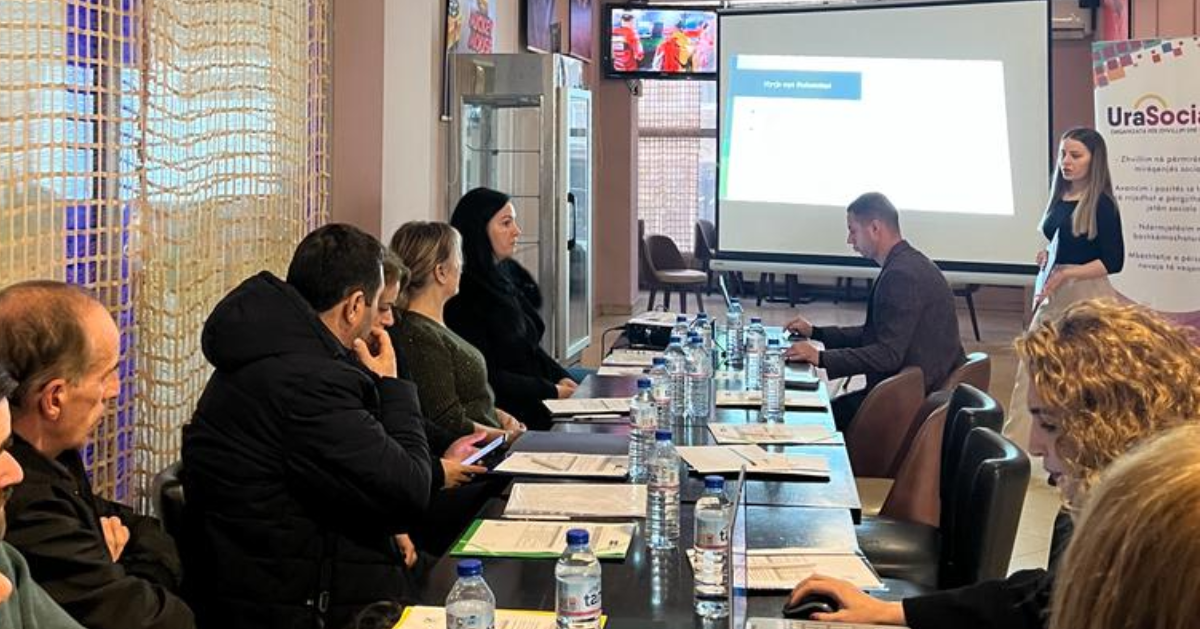On February 2, Down Syndrome Kosovo, member organization of the Kosovo Women’s Network (KWN), held a meeting with representatives of the Directorate of Health and Social Welfare, the Directorate of Education, the Directorate of Culture, the Center for Social Work in the Municipality of Ferizaj, Handikos as well as the Organization “Pema”.
During this meeting participants discussed the fillowing matters:
- Improvement of access for people with disabilities to various institutions;
- Updating the database for people with disabilities in the Municipality of Ferizaj;
- Monitoring the implementation of the individual plan;
- Trainings for teachers on access for people with disabilities;
- Accreditation of programs for service providers;
- Empowering parents to seek the rights of children;
- Exit strategies for attached classes;
- Provide internships or unpaid work.
- Creating opportunities for mothers to work for the sale of local products;
- Inclusion of a quota of 5% for people with disabilities in the training programs and grants of the youth sector and other directorates.
“Presentation of specific recommendations to the directorates is a very important step since it helps the representatives from these instituions to reflect on their work and what they are currently doing in order to engage people with disabilities in the political, economical, social and cultural sphere”, said Jetbardha Selmani, Project Coordinator.
Down Syndrome Kosova, Handikos and the Organization ”Pema” expressed their readiness to assist and provide the necessary expertise to institutions to improve the conditions of persons with disabilities.
Recommendations from this meeting will be included in the Municipal Strategic Plan for People with Disabilities in the Municipality of Ferizaj.
This activity was held in the framework of the initiative “Involving Persons With Disabilities In Decision-Making”, which is supported by the 15th round of the Kosovo Women’s Fund, funded by the European Union (EU) Office in Kosovo.







